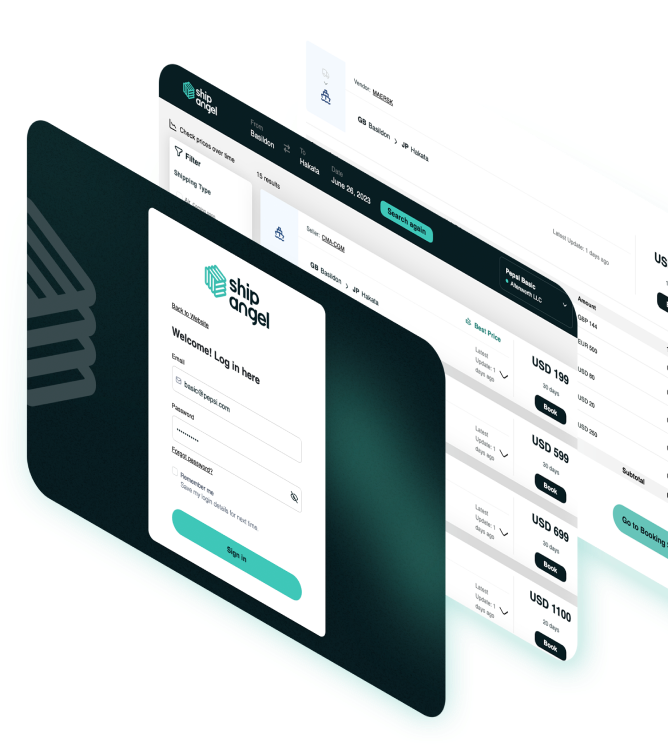-1.png)
We recently published a piece (link here) detailing the history of the International Transport Management System from the 1990s and why we’ve now reached a pivotal moment—the biggest shift in half a century.
Legacy systems, never designed for today’s global supply chains, are being upended by AI-native, API-first operating systems. These next-generation platforms deliver world-class interfaces, meet every operational need, and don’t require implementation times measured in years.
For this first part of our ten-part series, we’re focusing on the modular nature of these next-generation systems.
Imagine a world where, instead of multi-year implementations, you can simply click to add modules as you need them—region by region, function by function.

Think of traditional TMS implementation as trying to swallow an elephant whole: a rigid, monolithic system that must be deployed all at once, everywhere, with fingers crossed that nothing breaks.
Now imagine a different approach: a flexible, component-based system where each module can be activated independently, configured for local needs, and validated before moving on to the next piece.
The Modular Advantage
- Drastically Reduced Risk
- Deploy one module at a time—even one region at a time within a module.
- Test and validate before expanding.
- Roll back individual components without impacting the entire system.
- Immediate ROI
- Start seeing benefits from day one.
- Each module begins delivering value immediately.
- No need to wait months or years for results.
- Regional Flexibility
- Deploy modules based on regional readiness.
- Accommodate local regulations and requirements.
- Allow different regions to move at their own pace.
- Seamless Integration
- Connect with existing tools and systems.
- Preserve investments in current technology.
- Add new capabilities without disrupting operations.
The Business Case for Modular
The numbers speak for themselves:
- 70% reduction in implementation risk (compared to big-bang rollouts)
- 3x faster time to first value
- 50% lower total implementation costs
- 90% higher user adoption rates
The Future Is Modular
As we look ahead, the modular approach isn’t just an option—it’s becoming the standard for enterprise software deployment. The days of multi-year, all-or-nothing implementations are numbered.
For companies evaluating global TMS solutions in 2025, the question isn’t whether to go modular, but how quickly they can start. The technology is proven, the approach is validated, and the benefits are clear.
The ghost stories of failed implementations will always serve as cautionary tales. But they’ve also paved the way for a better approach—one that’s faster, safer, and infinitely more flexible.
Key Takeaways
- Learn from history: the failures of traditional implementations taught us what doesn’t work.
- Embrace modern approaches: SaaS, cloud, and AI have fundamentally changed what’s possible.
- Think modular: complex systems no longer require complex implementations.
- Start small, scale smart: begin with proven modules and expand based on success.
- Demand flexibility: your TMS should adapt to your business, not the other way around.
The future of global TMS rollouts isn’t about avoiding risk—it’s about intelligently managing it through modular deployment. In 2025, that’s not just best practice; it’s the only practice that makes sense.
Join the movement: Book a demo
 Graham Parker
Graham Parker
 September 4, 2025
September 4, 2025
